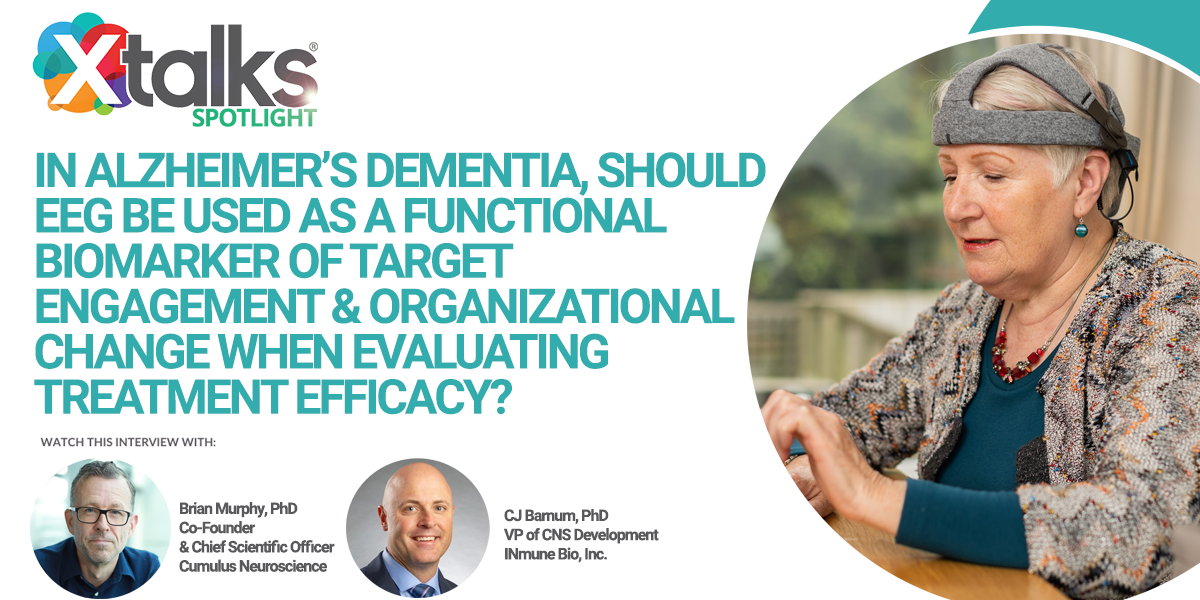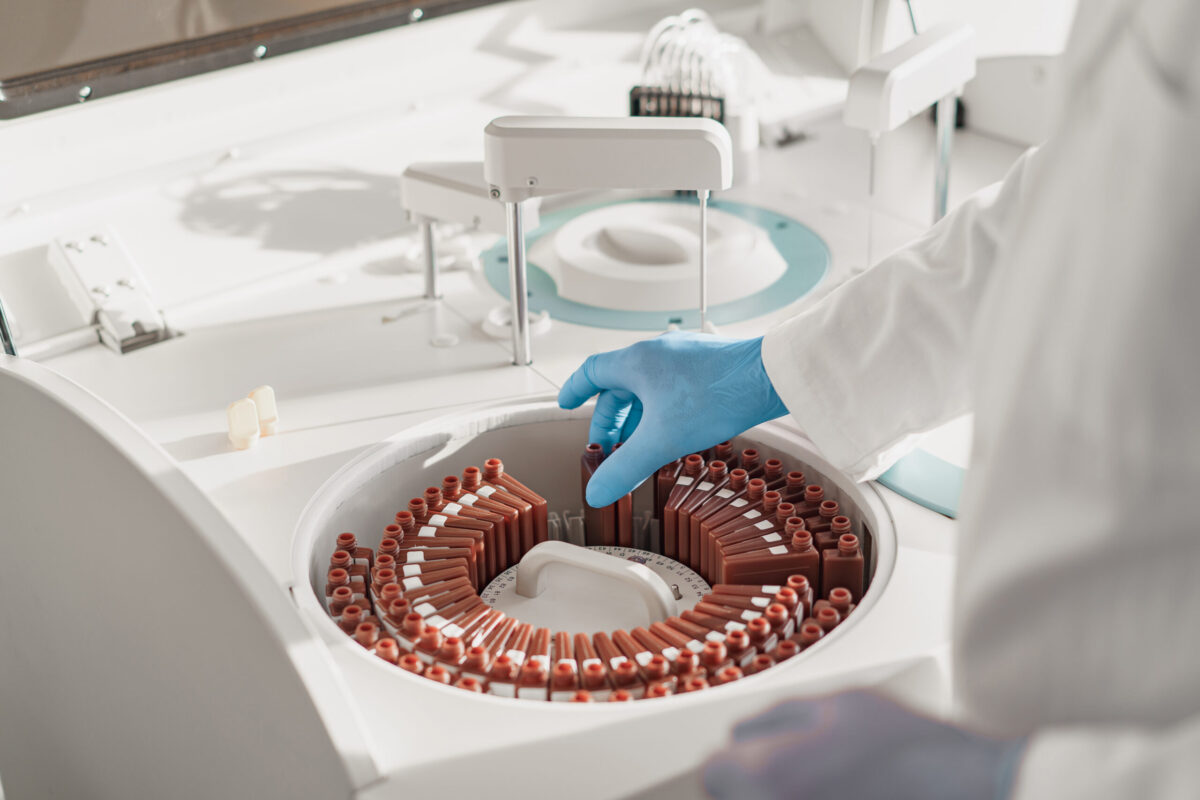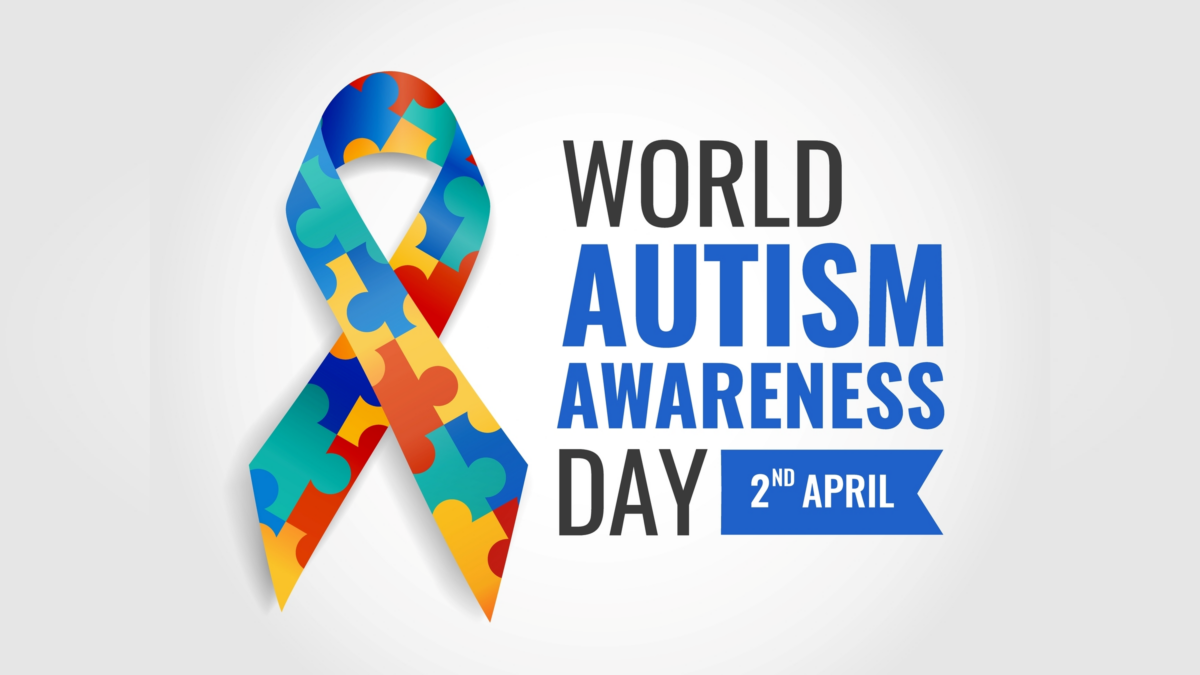Pharmaceutical industry issues surrounding drug pricing, patient access and affordable healthcare, have all become important points of debate in the 2016 US general election. In light of recent events involving drug pricing scandals, each of the presidential nominees has made a point of addressing their plans for the pharmaceutical industry, if they are elected to office.
While each of their platforms varies when it comes to dealing with drugmakers, all three of the top candidates – Democrats Hillary Clinton and Bernie Sanders, and presumptive Republican nominee, Donald Trump – are siding with public opinion. All three candidates are advocating for increased transparency in the drug pricing process.
What makes each candidate interesting is how their opinions differ on this issue, and what changes they plan to implement to fix problems with the current system. Considering that each of these presidential hopefuls has accepted donations from the industry, it’s perhaps even more interesting to see how their ideals align with that of their pharmaceutical industry financial supporters.
Hillary Clinton
Hillary Clinton has, by far, received the most donations from the pharmaceutical/health products industry, of all current and previous candidates in the 2016 presidential race. As of April 21, Clinton had received $568,850 in contributions from top drugmakers, constituting 34 percent of all funding from that sector for the entire election.
What’s more, this number doesn’t take into account any funding collected from the industry by outside groups supporting Clinton. While the over $500,000 in donations by the pharmaceutical industry is a drop in the bucket compared to the $180,158,371 total funding raised by her committee to date, Big Pharma is still in the top 20 list of supporters of her campaign.
Despite the substantial investment from pharmaceutical industry supporters, Clinton has been among the industry’s most outspoken critics. Her healthcare plans include holding drugmakers accountable for egregious price hikes, and encouraging more investment into research to stop companies from simply acquiring drugs and increasing their price.
In particular, Clinton has been very vocal regarding recent drug pricing scandals involving Turing and Valeant. In September of 2015, Clinton responded to Turing Pharmaceutical’s 5,000 percent price hike on Daraprim by tweeting, “Price gouging like this in the specialty drug market is outrageous.”
In March, she released an ad targeting Valeant, saying that she would be going after the company and their ‘predatory pricing’ practices. It’s clear that if she’s elected president, Clinton would be tough on pharmaceutical developers.
Bernie Sanders
Last year, Bernie Sanders commented on his campaign funding by saying, “I don’t think I’m going to get a whole lot of contributions from the health care and pharmaceutical industries.” Despite this statement and his public criticism of Clinton for accepting millions in funding from pharmaceutical companies and the healthcare industry, Sanders is the third most-funded candidate in the election. At $205,052 in donations from the pharmaceutical industry, Sanders is just $15,000 behind the former Republican candidate, Ted Cruz.
Like his Democratic competitor, Hillary Clinton, Sanders has also been very opinionated about the pharmaceutical industry’s current pricing practices. Last year, Sanders rejected a $2,700 donation from former Turing Pharmaceuticals CEO Martin Shkreli, opting instead to donate it to an HIV clinic in Washington.
Sanders’ healthcare platform appears to be even more patient-centric and harder on Big Pharma, compared to Clinton’s plan. Like Clinton, Sanders wants to increase drug pricing transparency by requiring pharmaceutical manufacturers to publicly post information related to decisions impacting the list price of a medication.
In addition, he wants to encourage competition in the market, by allowing US citizens to import less costly drugs from Canadian pharmacies. Sanders also wants to put an end to so-called ‘pay-for-delay’ deals, which brand-name drugmakers currently rely on to delay the time to market for generic alternatives.
Sanders’ most unpopular plan with the industry however, is to do away with the patent protection of drugs altogether. Instead of providing pharmaceutical developers with a government-supported, extended period of patent exclusivity for a new drug product, Sanders proposes rewarding innovation with a one-time lump sum.
Patent protection – which usually extends for a 20 year period – has long been touted as a key incentive for the pharmaceutical industry to develop new and innovative drugs. Regardless of the prize amount – which Sanders has said would be an annual fund of $3 billion – pharmaceutical companies would almost certainly experience a dip in profits if new drugs were available to generics companies directly after they received US Food and Drug Administration (FDA) approval.
Donald Trump
Compared to the other candidates, presumptive Republican nominee Donald Trump has received very little financial backing from the pharmaceutical industry. He received only $3,432 in donations for drugmakers, which represents less than 0.01 percent of his total campaign funding of $48,393,537.
Historically, Republican candidates have been great allies of the pharmaceutical industry, but Trump’s campaign proves there’s an exception to every rule. Trump’s business experience is reflected in his healthcare proposals, in which he advocates for the application of free market principals.
Trump proposes that many of the drug pricing issues affecting the US today could be solved by increasing the importation of cheaper pharmaceuticals from overseas. He says that this will require the government to remove barriers preventing more drugs from entering into the country, to allow patients greater access to safe and effective treatment options.
Campaign Overlap
“Though the pharmaceutical industry is in the private sector, drug companies provide a public service,” said Trump on his campaign website. “Allowing consumers access to imported, safe and dependable drugs from overseas will bring more options to consumers.”
Interestingly, all three candidates want to allow the US government – namely Medicare – to be able to negotiate directly with pharmaceutical companies on drug pricing. Medicare is one of the largest purchasers of drug products in the US, however it currently has no bargaining power over the list price of medications. This practice of price negotiation was prohibited by law back in 2003.
Whether Clinton, Sanders or Trump is elected as the 58th US president, the pharmaceutical industry could be facing some stark changes over the coming years. Assuming the candidates will stick by their promises if elected to office – which is not always a safe assumption – drug pricing and healthcare reform will surely be in the nation’s future.












Join or login to leave a comment
JOIN LOGIN